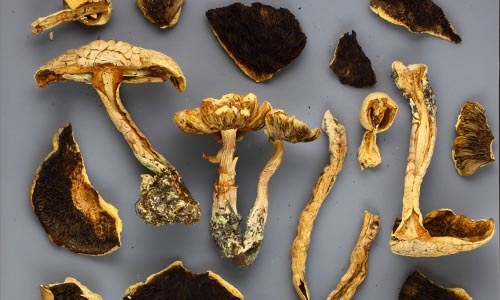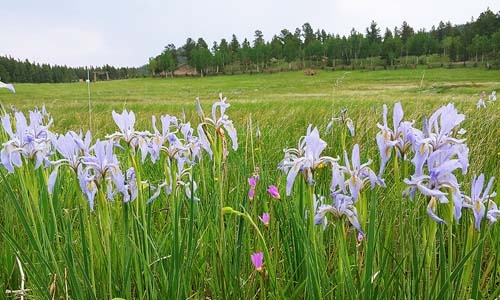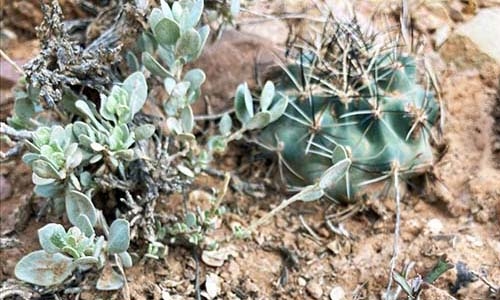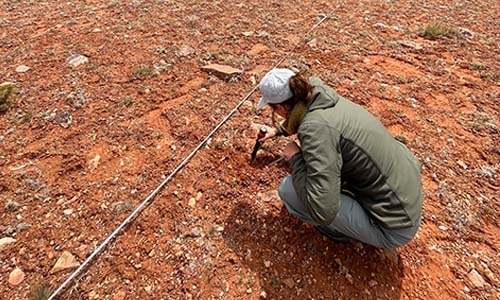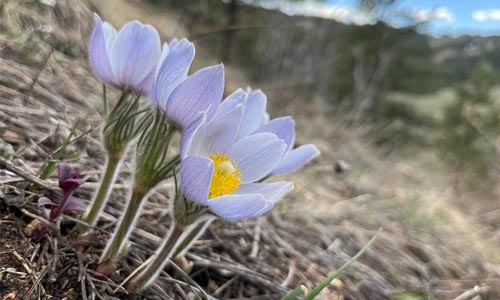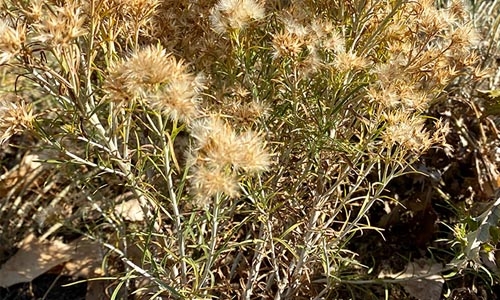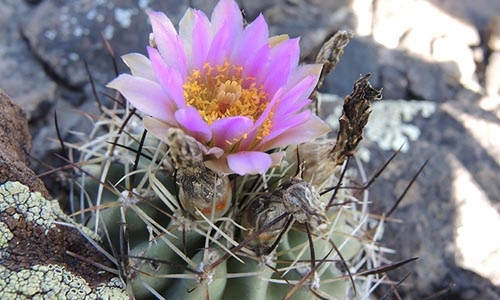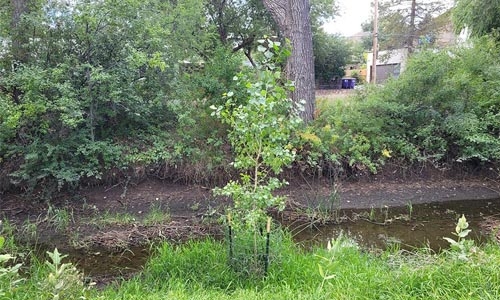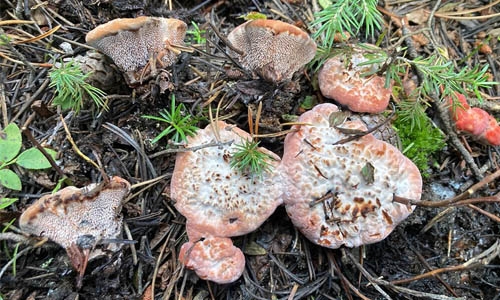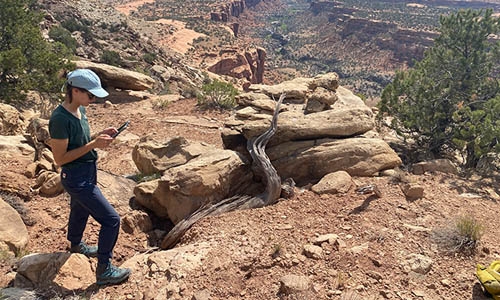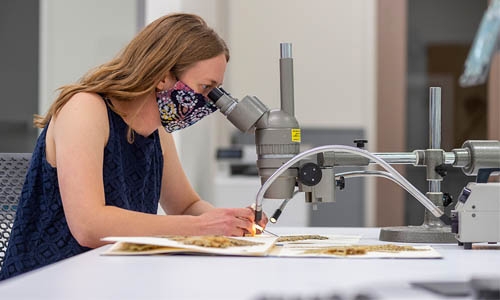Search the Databases
Did you know that anyone with an internet connection can take a virtual tour of the Gardens’ natural history collections? Our collections hold plant, fungal and arthropod specimens – organisms
Axton Ranch Mountain Park Floristic Survey Results
For the last two summers, Denver Botanic Gardens has been conducting a floristic inventory of Denver Mountain Park’s newest property, Axton Ranch Mountain Park. Just what is a floristic inventory
Genetics Work: A Day in Our Labs
Nestled in the heart of the Freyer – Newman Center is an unassuming lab doing big things for plant science and restoration efforts. Since the Center’s opening in 2020 multiple research projects have
Cactus on the Move
Little is known about how Sclerocactus species spread their seed. This is a question we would like to answer because Sclerocactus glaucus has been recommended for delisting from the Endangered Species
Conserving Sclerocactus glaucus After Delisting
In 2008, Denver Botanic Gardens initiated demographic monitoring of Sclerocactus glaucus, a small ball cactus found only in western Colorado. The cactus had been listed as threated on the Endangered
Results of 2023 Denver-Boulder City Nature Challenge are in!
The City Nature Challenge is a yearly event for folks in cities all over the world to observe and document biodiversity in their own backyards. To participate, people make observations of any organism
Graduate Research on Native Seeds for Restoration
If you’re going to be planting plants, you are going to need seeds. Do you know where your seeds come from? When land managers consider putting native plants into natural landscapes to restore
Sclerocactus glaucus To Be Removed From Endangered Species List
On April 10, the U.S. Fish and Wildlife Service (Service) announced a proposed rule to remove Sclerocactus glaucus, a small barrel cactus found in the Colorado and Gunnison River Basins in Western
What does ecological sampling tell us about urban tree health?
A year ago, I wrote a blog about a newly launched project to better understand how tree health is shaped by initial planting conditions. This question is important to answer given that 81% of urban
What Is DNA Barcoding?
Being able to explore the diversity of our world is one of the privileges of being part of the Research & Conservation Department at Denver Botanic Gardens. One of the challenges we face is in
A Computer Wrote This Blog
“Denver Botanic Gardens conducts cutting-edge scientific research to support plant conservation, study plant biology, and improve horticultural practices. The Gardens' research program focuses on
Herbarium Specimen Processing in Full Swing
In winter, the collection of new plant and fungal specimens stops altogether. However, the collectors of specimens made the previous summer are still working hard to prepare these for incorporation

